Good morning. Automation, AI agents, and M&A are top of mind for the on-demand delivery platform and tech company DoorDash.
During Fortune Brainstorm Tech, which kicked off Monday in Park City, Utah, DoorDash CEO Tony Xu spoke with Fortune’s Jason Del Rey about M&A, noting he has learned the importance of partnering with operating teams that share DoorDash’s values.
“That’s what we found when we met Wolt in 2021—a team with very shared values, which to me is probably the hardest thing to get right in M&A,” Xu said. “M&A is very easy to get right on a sheet of paper; it’s very hard to get right in practice.”
Earlier this year, DoorDash closed the $1.2 billion acquisition of SevenRooms, which helps businesses gain a 360-degree view of their guests with marketing as a service, he said. Also this year, the company acquired ad-tech platform Symbiosys for roughly $175 million. And DoorDash has also agreed to acquire UK-based Deliveroo for about $3.9 billion, expecting to close in Q4 2025, pending regulatory approval.
Automation and AI
DoorDash has been working on autonomous delivery, such as drones and sidewalk robots, since 2017. But there have been challenges, Xu said.
“Candidly, it’s mostly been filled with lots of pain and suffering,” he said, explaining that achieving reliable, scalable autonomous delivery requires excelling across multiple domains: hardware, software, network building, and service quality—few companies master all of these simultaneously.
Xu compared the process to learning a multi-level sport and emphasized that DoorDash is still early in building these broad capabilities. However, he noted that DoorDash is beginning to see commercial progress, with successful tests and pilots in the U.S. (including partnering with Coco Robotics for robot delivery), and drone deliveries with Alphabet’s Wing in Australia, for example.
DoorDash builds and deploys AI agents, developed both in-house and with partners. Key use cases include customer service, voice ordering, logistics, and merchant support. “We launched an AI agent to help merchants better buy advertisements and promotions,” Xu said.
Founded in 2013, DoorDash debuted on the Fortune 500 last year. “We have three customers: consumers, merchants, and Dashers,” CFO Ravi Inukonda told me in 2024. “When we first started, our goal wasn’t to build a food delivery business. The goal was to build a local commerce business.”
The company has gone beyond food delivery, enabling purchases and delivery from restaurants, grocery stores, pharmacies, pet shops, retail stores, and more.
This year, DoorDash climbed 49 spots to No. 394 on the Fortune 500. The company reported its Q2 2025 earnings last month, beating expectations: Revenue was $3.28 billion, up 25% from $2.63 billion a year earlier. Earnings per share were 65 cents, versus 44 cents expected. Total orders increased 20% year-over-year to 761 million.
DoorDash also announced on Monday an exclusive partnership with Waffle House for the rollout of all-night delivery (9 p.m.–8 a.m.). It’s the first delivery service in Waffle House’s decades in business.
The goal is to deliver in under 15 minutes from when the food is ready, to “offer a quality experience,” Xu said.
Sheryl Estrada
sheryl.estrada@fortune.com
This story was originally featured on Fortune.com

 5 hours ago
1
5 hours ago
1




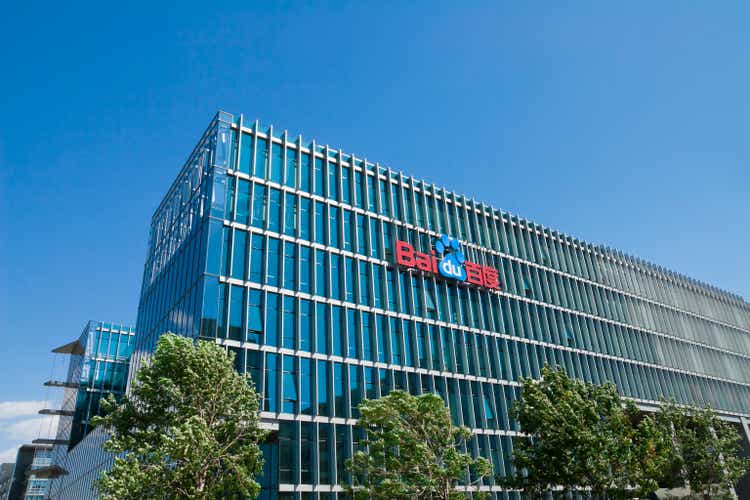
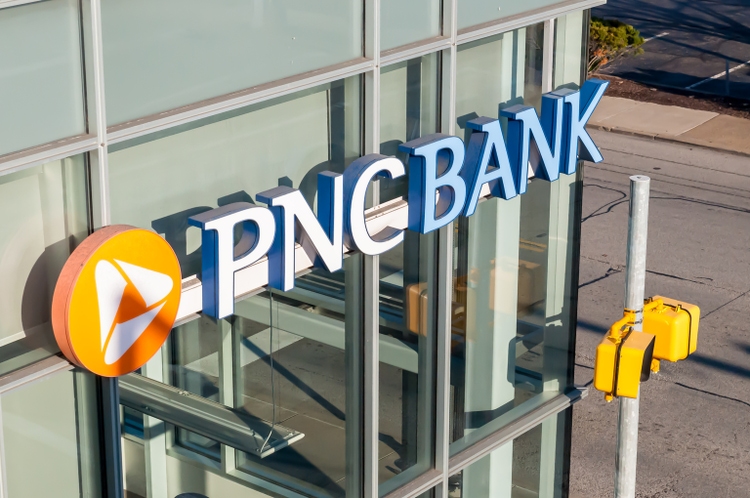
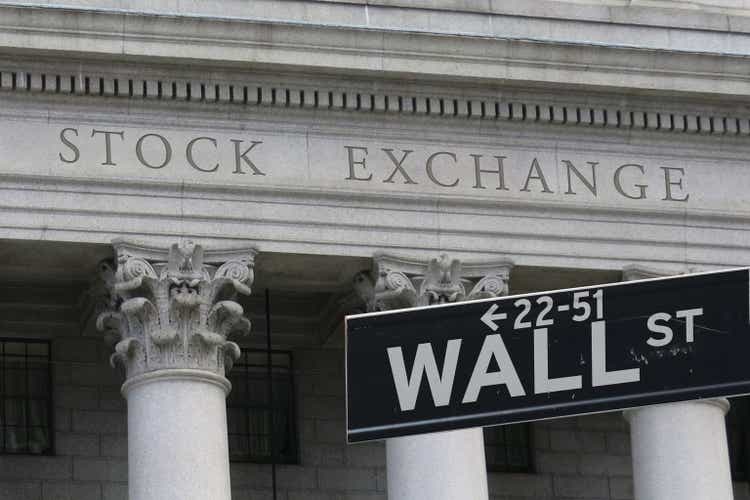
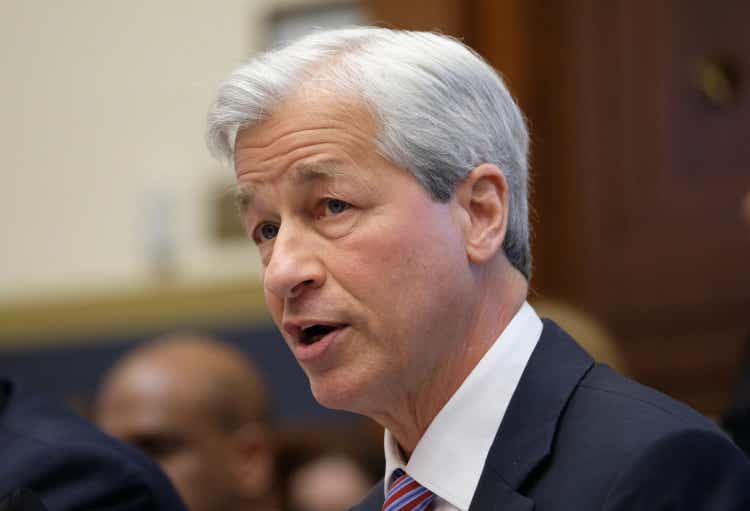
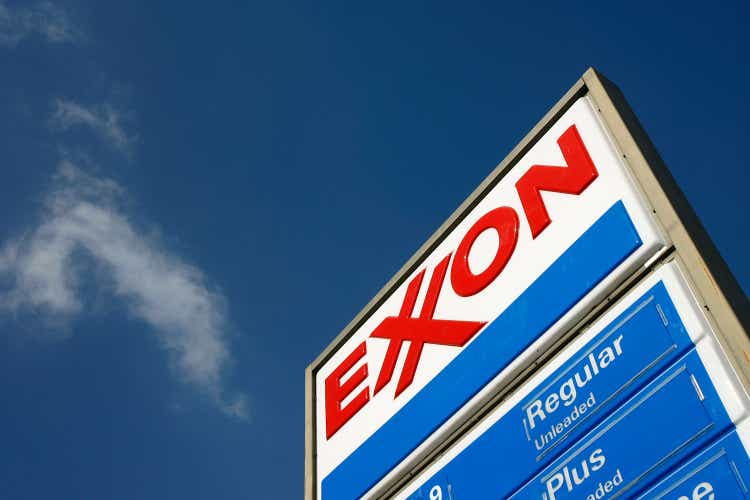

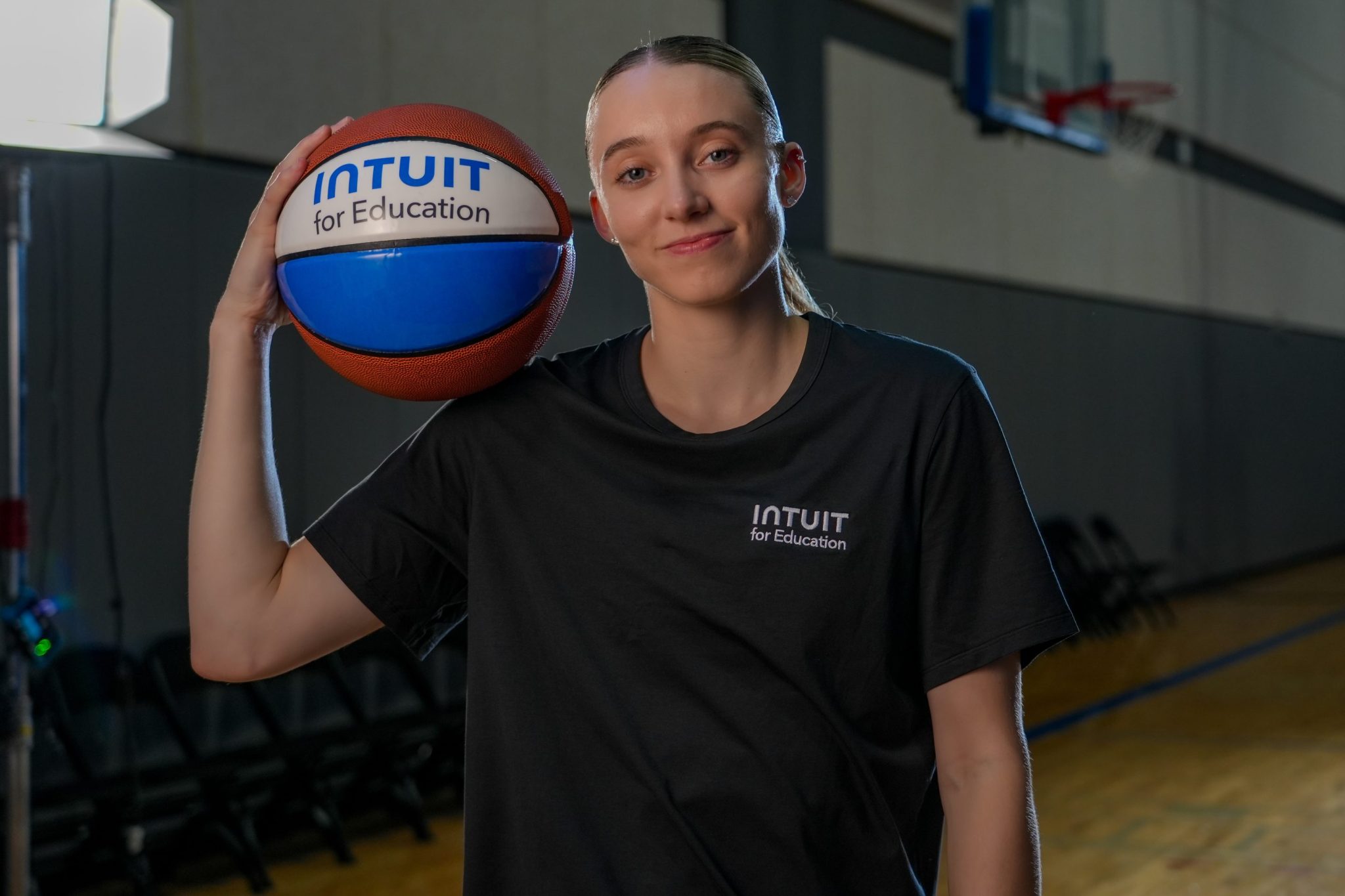
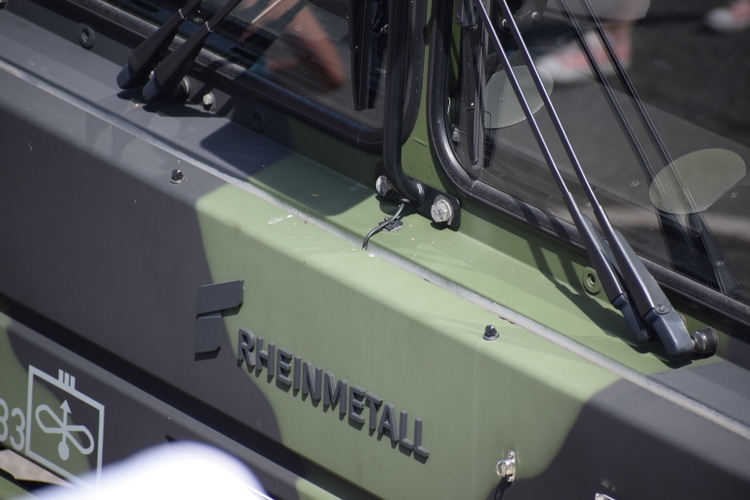

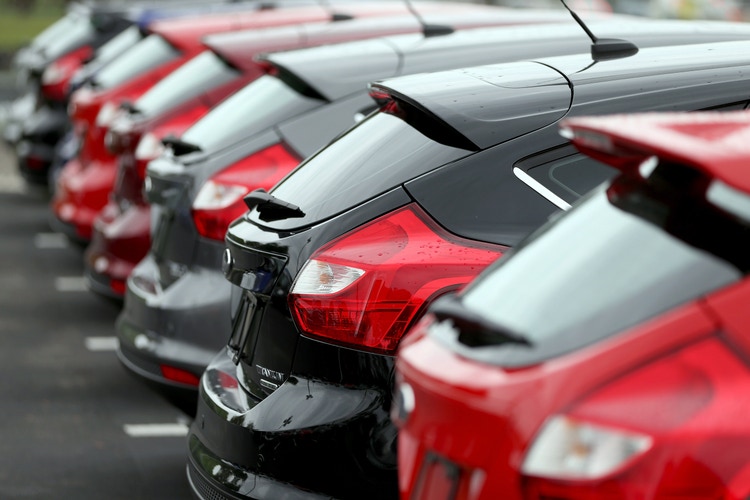
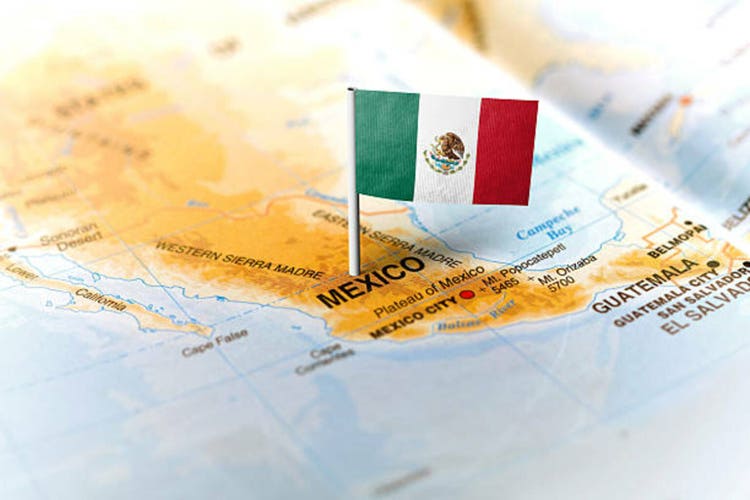


 English (US) ·
English (US) ·